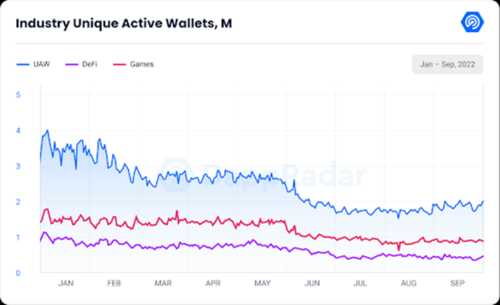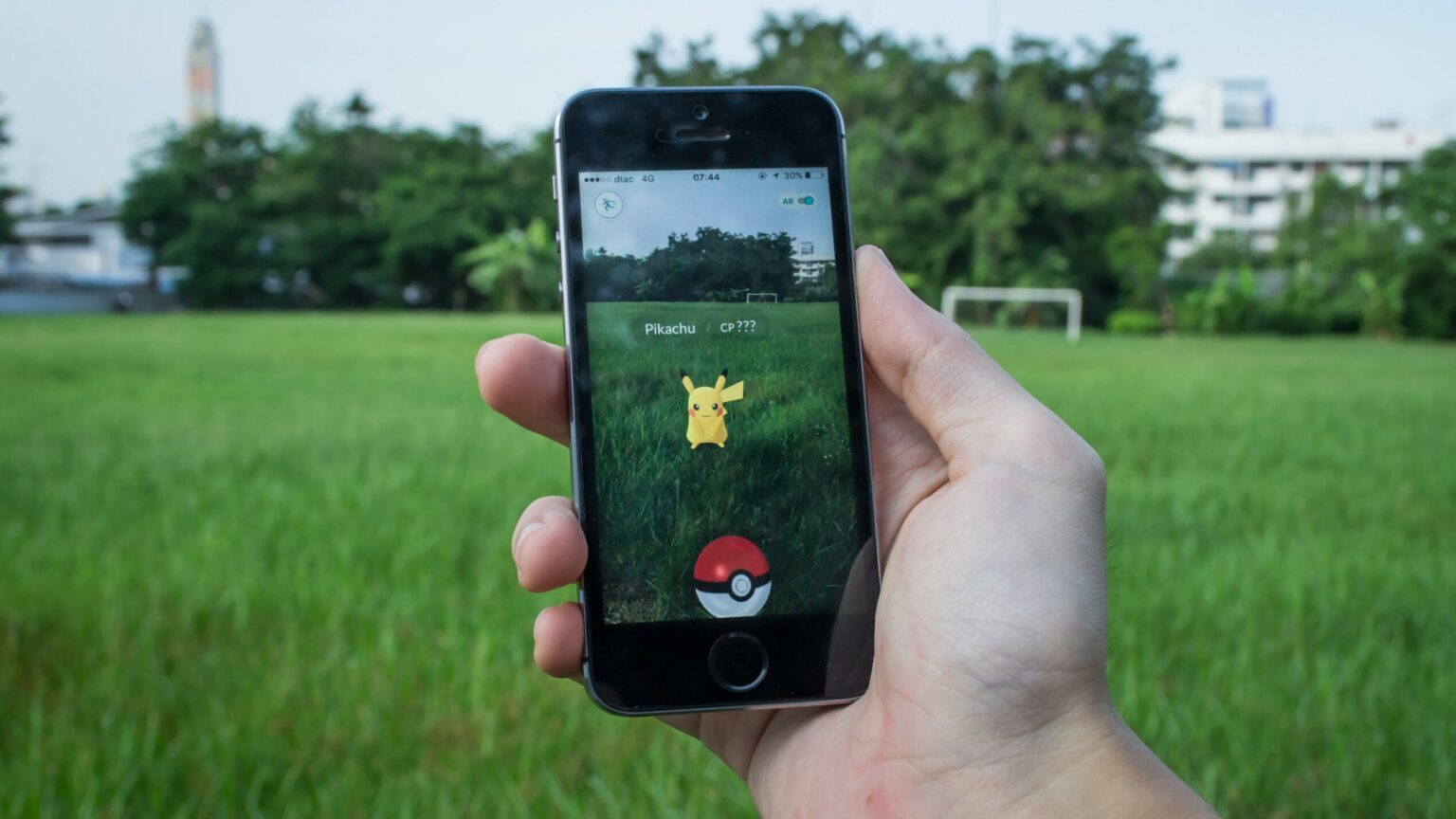The Pokémon Company is looking to hire a Web3 and blockchain tech expert, suggesting the Japanese gaming giant could be taking a more serious look at the metaverse and NFTs.
According to a recent job posting, The Pokémon Company wants to add to its president and corporate development team someone with a “deep knowledge and understanding of Web3, including blockchain technologies and NFT, and/or metaverse.”
The employee, a department head, is also expected to be “deeply connected to a network of investors and entrepreneurs in Web3 and metaverse.” Among some of the key result areas, the candidate should introduce “brand new Pokémon experiences to the world.”
Pokémon pivots to crypto gaming
Pokémon’s new hire represents a major pivot for the firm popular eponymous gaming franchise. For a long time, the company resisted dabbling in blockchain-based games, or even NFTs, preferring instead to stick to traditional games.
Also read: Instagram Abandons its NFT Feature One Year After Launch
In cryptocurrency gaming, non-fungible tokens (NFTs) can be bought, sold, traded, or used in other contexts outside of just one game. It means characters in the game could have monetary value. Blockchain games include types such as play-to-earn (P2E), move-to-earn (M2E), digital collectibles and others.
An NFT is an immutable and unique unit of data stored on the blockchain. NFTs can be used to represent items such as photos, videos, audio and other types of digital files. NFTs shot to prominence in 2020 when big brands and artists sold them for millions of dollars to cryptocurrency lovers.
However, nonfungible tokens appear to have lost some of their glitter thanks to a downturn in the main crypto markets. Despite waning interest, The Pokémon Company may be keen on venturing into blockchain gaming and NFTs, as per its job listing.
According to DappRadar, the blockchain gaming industry continued to see significant growth during the third quarter of 2022.

The number of unique active wallets in the sector rose by 8%, or 912,000, month-over-month, ensuring its share of Web3 remained at over 48% in Q3. Gameta was the most used dapp in September, with over 1.33 million unique wallets.
Not all gamers love crypto gaming
Launched in 1996, The Pokémon Company is a Japanese company that builds video games. Its most popular is the Pokémon franchise, which consists of video game software, a trading card game, anime television series, films, home entertainment products, and other ventures.
The company is jointly owned by Nintendo, Game Freak, and Creatures. All three companies have officially announced an NFT-related project separate from Pokémon, which enjoys enjoys a cult following.
The Hidden Treasure of Area Zero for Pokémon Scarlet or Pokémon Violet is coming!
You’ll be able to adventure for even longer and delve even deeper into the world of Pokémon Scarlet or Pokémon Violet with this DLC.
❤️💜 #PokemonScarletViolet pic.twitter.com/WXtnvLv9CD
— Pokémon (@Pokemon) February 27, 2023
Pokémon is seen as some sort of prima donna within the blockchain space. It comes with an enviable “built-in fanbase, mobile and console-based games, and a trove of collectible trading cards, including some rare cards that sell for millions at auctions.”
But the company could face resistance from gamers who have previously registered their displeasure with video game developers stepping into crypto gaming. Some players argue that creating NFTs for popular game titles is a controversial way of monetizing video games.
Critics point to features such as loot boxes and in-game micro-transactions as a hindrance. Monetisation of popular games has also been tainted by the negative publicity around crypto assets, including scams, fraud and the collapse of exchanges.
Projects such as the iEA and Team 17, developers of the bestselling Worms franchise, have since abandoned plans for blockchain gaming, the UK’s Evening Standard reported. Others like Final Fantasy studio Square Enix remain interested in crypto-based games such as P2E.









 and then
and then